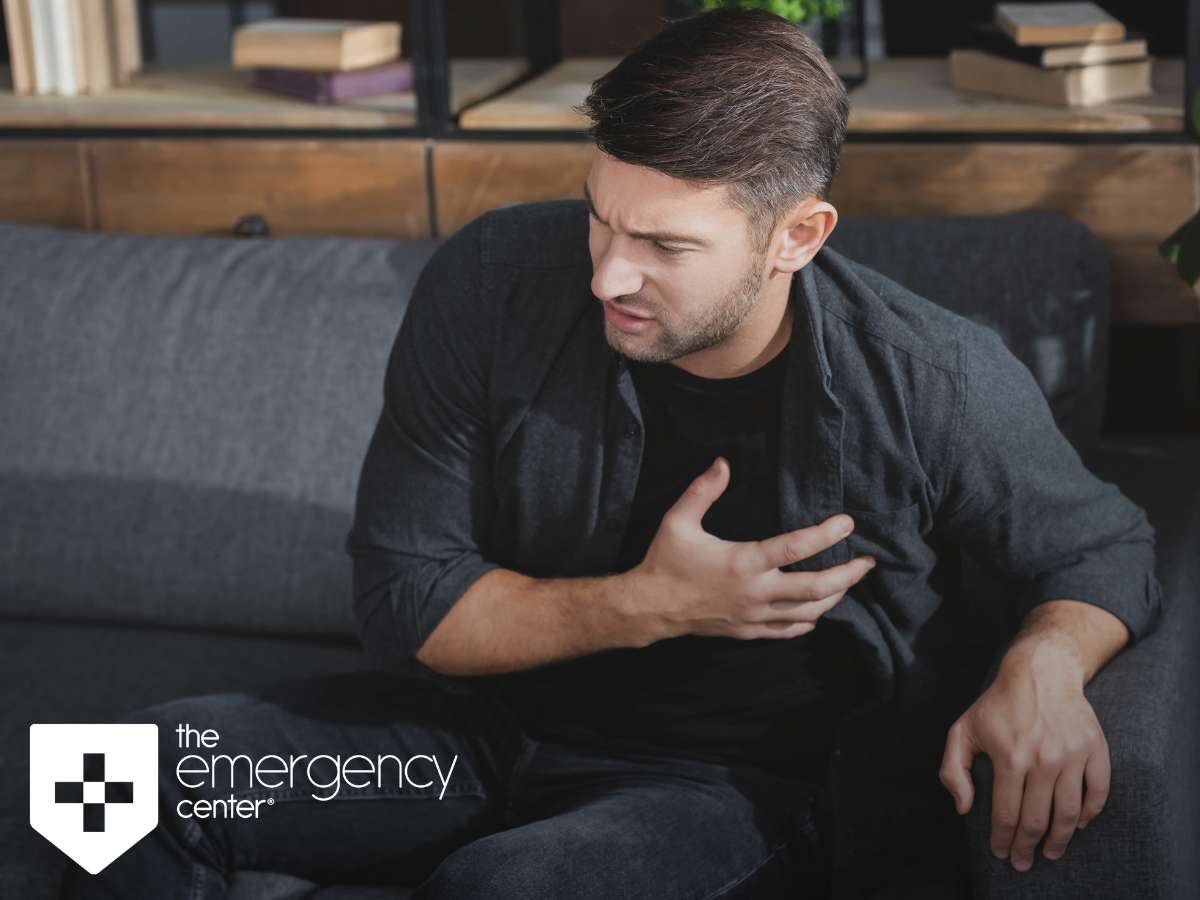While cardiac arrest may be a term many people were already familiar with, it had a big spotlight shined on it when NFL player Damar Hamlin suffered cardiac arrest on the field during a football game in early 2023. Hamlin was just one of the more than 350,000 Americans who suffer from cardiac arrest outside of a healthcare setting each year.
The condition often results in death if not treated immediately, which is why it is important to understand the causes, symptoms, and what to do if someone you are with goes into cardiac arrest.

Cardiac arrest occurs when the heart stops functioning due to a severe disruption to the organ’s electrical system. It is not the same thing as a heart attack or irregular heartbeat, though both these conditions can lead to sudden cardiac arrest.
The symptoms of cardiac arrest are severe and typically obvious even to those without any medical training:
Most of the time, there is no warning before cardiac arrest occurs. Sometimes, though, patients will feel general weakness, shortness of breath, fluttering or speeding heartbeat, or chest pain right before cardiac arrest occurs. These symptoms could also be signs of other potentially serious conditions. If they occur, it is important to get to The Emergency Center as quickly as possible.
Should a person go into cardiac arrest (either after these symptoms or with no symptoms), here’s what to do:
Organizations like the Red Cross and American Heart Association offer CPR certification classes around the country for those interested in learning more about how to perform CPR.
Cardiac arrest can be triggered by medical conditions such as a heart attack or an irregular heartbeat known as an arrhythmia. Cardiomyopathy, thickening of heart tissue, and congenital heart diseases are other known cardiovascular issues that can eventually trigger cardiac arrest.
However, cardiac arrest also can be caused by electrocution, choking, toxins/drug use, hypothermia, respiratory distress, a hard blow to the chest (as in the case of Hamlin), or other trauma.
Often, it takes an experienced medical professional and battery of tests at a care facility to determine what precisely caused a patient’s cardiac arrest. But whether or not someone survives cardiac arrest to make it to a treatment facility at all often depends on the vigilance of Good Samaritans.
The Emergency Center
San Antonio
11320 Alamo Ranch Pkwy
San Antonio, TX 78253
Phone: 210-485-3644
Conroe
4019 I-45 N,
Conroe, Texas 77304
Phone: 936-247-9457
Experiencing abdominal pain? Learn what it could mean by location and when to visit the…
Is your skin redness a sign of something serious? Learn about different types of skin…
Why are ER wait times so long? An emergency room physician explains key delays and…
Are you aware of the dangers of carbon monoxide? Learn prevention tips, symptoms, and how…
Enjoy winter sports safely! Learn how to prevent injuries & discover when to visit emergency…
Worried about ER visits this New Year’s Eve? Learn top safety tips to avoid common…